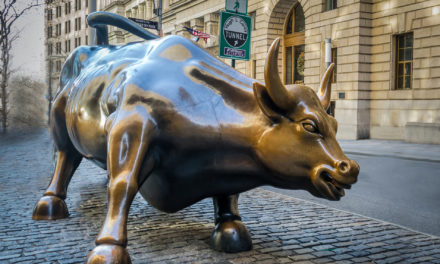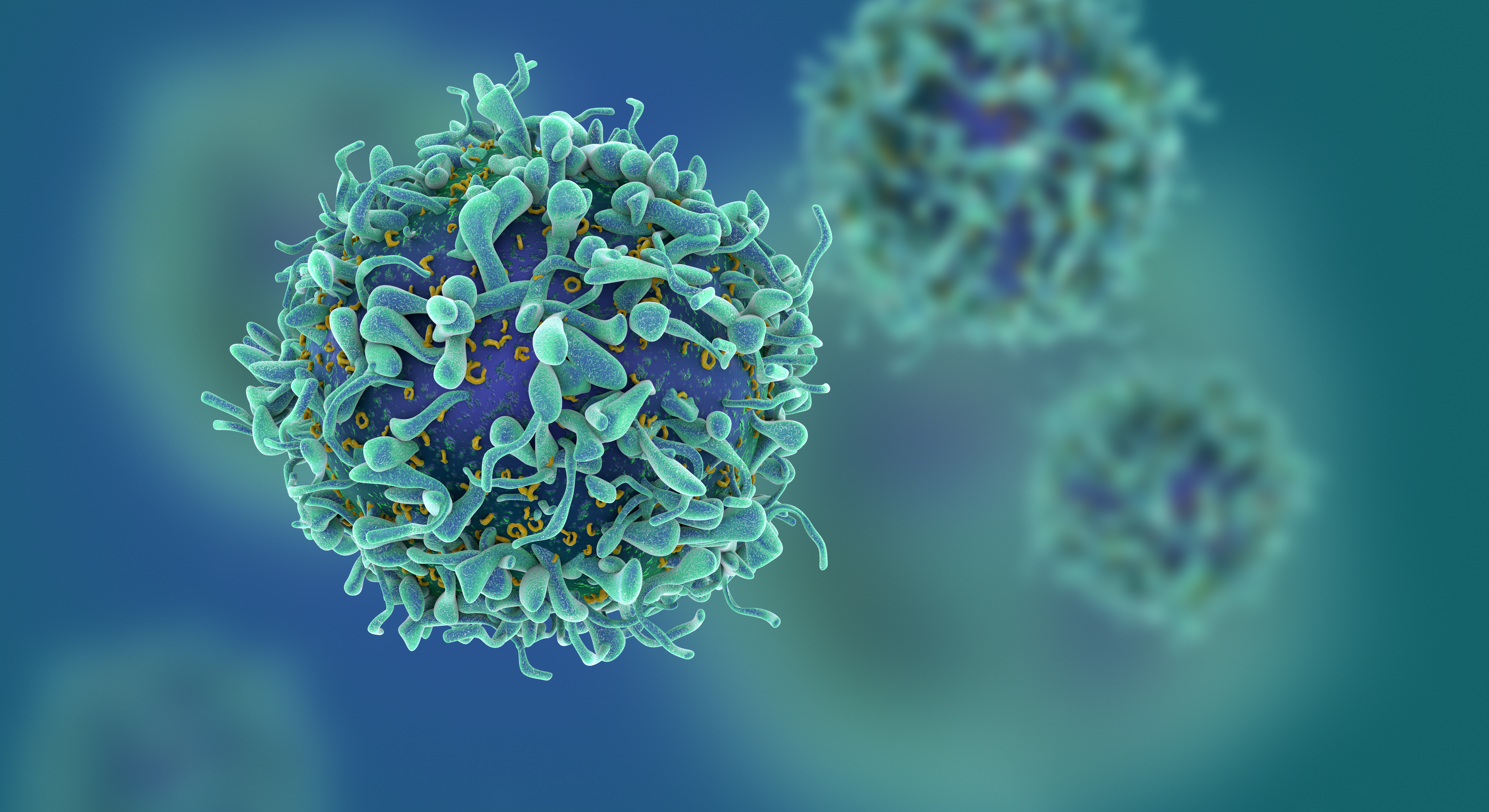
“I buy on the assumption that they could close the market the next day and not reopen it for five years.”
— Warren Buffett
A key lesson we can learn from Warren Buffett, is about how to think about a potential stock investment in the context of a long-term time horizon. Every investor in a stock has a choice: bite our fingernails over the short-term ups and downs that are inevitable with the stock market, or, zero in on stocks we are comfortable to simply buy and hold for the long haul — maybe even a five year holding period. Heck, investors can even choose to completely ignore the stock market’s short-run quotations and instead go into their initial investment planning to hold on for years and years regardless of the fluctuations in price that might occur next.
Today, we examine what would have happened over a five year holding period, had you decided back in 2018 to buy shares of Philip Morris International Inc (NYSE: PM) and simply hold through to today.
| Start date: | 08/27/2018 |
|
|||
| End date: | 08/24/2023 | ||||
| Start price/share: | $80.26 | ||||
| End price/share: | $94.08 | ||||
| Starting shares: | 124.60 | ||||
| Ending shares: | 165.50 | ||||
| Dividends reinvested/share: | $24.12 | ||||
| Total return: | 55.70% | ||||
| Average annual return: | 9.27% | ||||
| Starting investment: | $10,000.00 | ||||
| Ending investment: | $15,570.18 | ||||
As shown above, the five year investment result worked out well, with an annualized rate of return of 9.27%. This would have turned a $10K investment made 5 years ago into $15,570.18 today (as of 08/24/2023). On a total return basis, that’s a result of 55.70% (something to think about: how might PM shares perform over the next 5 years?). [These numbers were computed with the Dividend Channel DRIP Returns Calculator.]
Notice that Philip Morris International Inc paid investors a total of $24.12/share in dividends over the 5 holding period, marking a second component of the total return beyond share price change alone. Much like watering a tree, reinvesting dividends can help an investment to grow over time — for the above calculations we assume dividend reinvestment (and for this exercise the closing price on ex-date is used for the reinvestment of a given dividend).
Based upon the most recent annualized dividend rate of 5.08/share, we calculate that PM has a current yield of approximately 5.40%. Another interesting datapoint we can examine is ‘yield on cost’ — in other words, we can express the current annualized dividend of 5.08 against the original $80.26/share purchase price. This works out to a yield on cost of 6.73%.
One more piece of investment wisdom to leave you with:
“As long as you enjoy investing, you’ll be willing to do the homework and stay in the game.” — Jim Cramer




